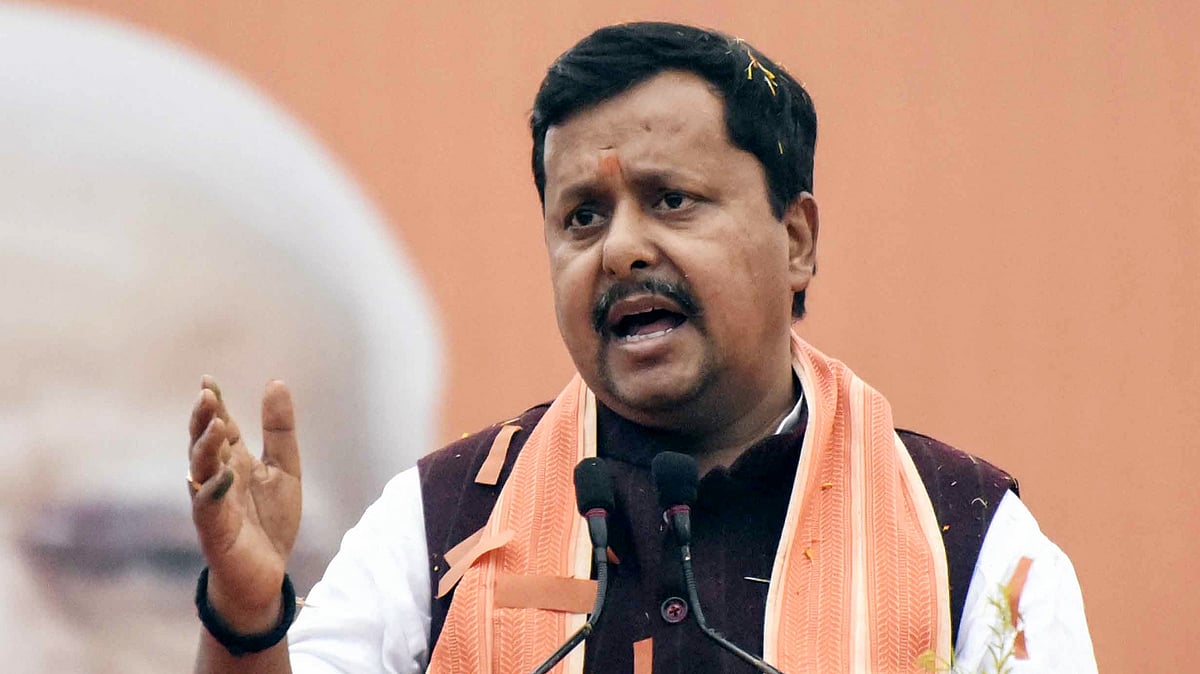Earlier this year I experimented with one of the online learning platform Udemy. I created a two-hour free course on ‘Basics of deep learning’ consisting of video lectures and online evaluation. It was more of an appreciation course for the beginners to make them aware of the possibilities of deep learning (AI) – a bird’s eye view for the starters. I was surprised at the ease with which one can create a course on these platforms. Other than the preparation time for the content, the process of course creation is very smooth. But the bigger discovery was the fact that I found more than 15,000 students enrolled from 140+ countries, speaking 40+ different languages just in a period of 6 months.
This brings us to the ongoing debate of online vs offline education. But one when it comes to reach the technology driven virtual learning clearly wins hands down. No university can possibly get such diverse students in large numbers in its campus. In premise physical education has its own limitations in today’s world of instant gratification. But how effectively our universities are leveraging technology in their teaching methodologies? Most of the premier educational institutions like IITs and IIMs have been lukewarm to this concept. They see it more as threat to their revenue model, brand value and current way of working. Most of professors in these universities are not receptive to offering their courses on digital platforms for masses and dismiss the trend of virtual education as one more false alarm.
So today if one is keen on becoming an expert in AI or data science where do they look up – not the IITs or IIMs but online learning platforms. Universities are becoming more like a place to get degree not the most sought-after option for active learning. I was told by an IIM professor that it takes at least two years to introduce a new course in an IIM. I am sure they use this time to do due diligence and ensure it is the right course, but it also restricts them to be in tune with trending subjects. This also proves the point why most of IITs and IIMs do not have formal courses on blockchain, nanotech, IoT or AI.
Universities provided degrees and the organizations made the degree mandatory to join the professional workforce. For the universities this was a very safe business model for ages. Their competition was only other universities and all they had to do was protect their brand value and ranking, students will always flock to them because everyone wanted a job. But this trend is changing – many large organizations have made graduation degrees optional. These companies include the likes of Apple, Goggle, EY, IBM and the list goes on. Recently Google launched a Career Certificate Program – a six-month course of online skill development for technology professionals. They said they will offer hundreds of apprenticeship opportunities to participants who have completed the course. The education should be about skills and not degree. More and more companies have stopped insisting on degrees and started evaluating the real skills acquired. When it comes to startups, all that matters is the skills. The new age entrepreneurs have little regard for pedigree education.
Skill vs education
Colleges are “not for learning, but rather a place to have fun,” Elon Musk said at the satellite 2020 conference. He added further "I don't consider going to college evidence of exceptional ability. In fact, ideally, you dropped out and did something.” Apple CEO Tim Cook said in 2019 that many colleges aren’t teaching practical skills like coding. The key point is 4-year college degree is a way too long and expensive in the fast-changing world today where the skills become irrelevant with months. While people have not entirely dispensed away with the college education, there is an increasing preference for doing short term skill-based education.
The focus on continuous skill development opens a completely new segment for the universities – the professionals who are already in active workforce. The active workforce constantly needs to upgrade their skills to stay relevant. Gone are the days when the engineering skills learned during the four-year course was enough to last the entire professional career. More people are realizing that there is no age for learning and signing up for new courses but incidentally our universities have very little to offer them. Other than some limited management development courses the universities have not focused on this opportunity because it does not strictly fit into their structured approach of degree education.
Mark Zuckerberg in Harvard opted for a course in computer science and psychology. People told him not to waste time on psychology if he was serious about computer science. In the hindsight one might say that with understanding human psychology his Facebook would have been another Orkut or Myspace. Understanding of human mind made it possible for him to understand what would work for social media. Most universities in India have a very compartmentalized approach – if you want to study computer science with a bit of Indian History and Psychology, it may not be possible. Thankfully by mix and match of online and offline education, universities can very well offer such courses.
The universities today need to be agile. They can extend their target market from the graduating students to all population. They should look for the unmet training needs of all segment of people, quickly design a course for them and offer it on a technology platform that makes it cost-effective and accessible. They need to have shorter programs with tailor made contents for specific segments. They need to reduce the entry and exit barrier for their courses – specially in terms of long, time commitment. In doing all this they need to be in tune with current times and stay relevant for all types of learner. The physical education will be relevant as well but a larger offering of online contents using technology platforms can help them ride this disruption.









